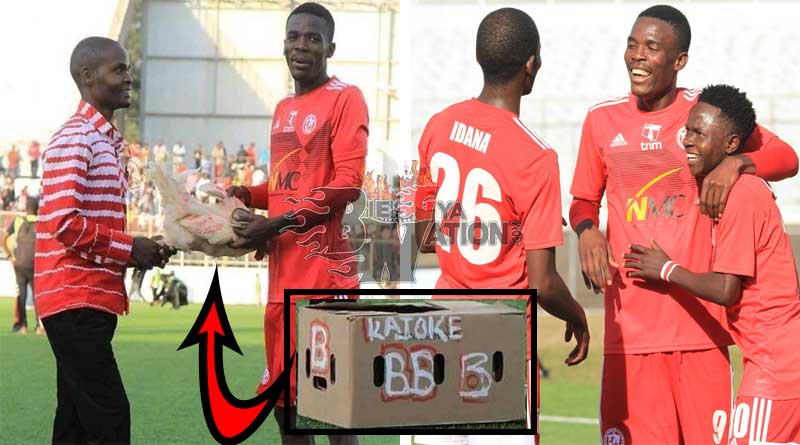Entertainment News

- Super User
- Category: Entertainment
- Friday, 13 February 2015 14:14
10. Michael Calce

Alias: Mafiaboy
Age: 30
To ring in the new millennium, Michael Calce launched denial-of-services attacks against Amazon, CNN, eBay, Yahoo!, and Dell. Back then, Yahoo! was the world's leading search engine before Google, and Calce's attack—which he dubbed ProjectRivolta—caused it to go down for about an hour.
President Bill Clinton convened acybersecurity task force and the country was on the hunt for "Mafiaboy."
He was caught a short time later after he bragged about the attacks in a chat room. In 2001, he was sentenced to eight months of open custody, restricted use of the Internet, and a small fine.
A little lenient for such a big attack, no? Well, yeah it was, because Calce was still in high school at the time. "The sense of power I felt was overwhelming," he wrote. "It was also addictive."
Today he's a White hat hacker for large companies.
11. Matthew Bevan and Richard Pryce

Alias: Kuji (Bevan) and Datastream Cowboy (Pryce)
Age: 41 (Bevan) and 35 (Pryce)
This British hacking duo took the U.S. government for a ride when they attacked the Pentagon's network for several weeks in 1994.
They copied battlefield simulations from Griffiss Air Force Base in New York, intercepted messages from U.S. agents in North Korea, and got access into a Korean nuclear facility. Pryce was a 16-year-old then, and Bevan was 21 (he's thought to have been tutoring Pryce).
The hacking attacks were especially troublesome for the U.S. government because they couldn't tell if the duo was using their system to hack into a South or North Korea—if it were North Korea, the attacks could've been seen as an act of war.
Luckily, South Korea was the hackers' target, and after an international investigation, they were arrested in the following year.
12. Syrian Electronic Army

The Syrian Electronic Army is a unique group. They sprung up in 2011, and backed the regime of Syrian President Bashar al-Assad (it's thought they could be supported by the Syrian government).
While the group isn't very sophisticated, they've attacked a large number of high-profile organizations and hundreds of websites.
They primarily use spamming, malware, phishing, and denial of service attacks.
Their first two years of existence saw just a handful of attacks, but in 2013 and 2014 the group launched dozens each year.
Highlights include their hacking of President Barack Obama's Twitter account:
And the AP:
Of course, they even have their own Twitter account.
Click on the next button below to continue...


















































































